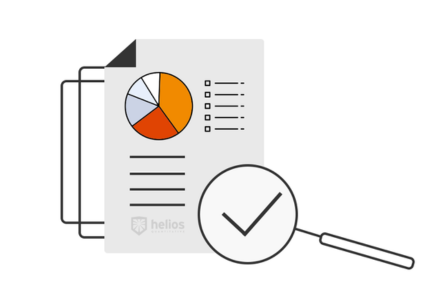April’s CPI numbers surprised forecasters with inflation rising by 0.8% over the month and 4.2% over the last year, making it the largest increase since 2009. While the headline number may increase inflation fears, much of the increase over the last month may be temporary, with close to 60% of April’s increase in prices coming from travel- and entertainment-related categories and year-over-year numbers were boosted by where we were one year ago. Notably, used cars and rental cars were among the biggest increases as rental car companies rushed to rebuild their inventories after liquidating portions of it to stay afloat during the crisis.
Consumer sentiment took a hit, impacted by inflation fears. The University of Michigan’s index fell to 82.8, from 88.3 in April, while expectations were for the index to increase, largely based on the continued reopening of the economy. Responses to both one-year and long-term inflation expectations went up by the most since September 2008. Digging in, historical increases in the survey’s inflation expectations tend to correlate highly with energy prices, leading some to doubt the durability of those fears weighing down the index.
After a monster March report, April’s retail sales held steady as growth flatlined. Economists are expecting consumer spending to shift more towards the services, like travel and entertainment, and away from the focus on consumer goods that was favored while everyone was staying home over the last year. As the economy continues to reopen this trend is expected to grow, and Bloomberg Economics expects total consumer spending to help propel real GDP growth to 7.7% for the full year.
Jobless claims continue to improve, despite the lackluster jobs report last month. In the latest weekly data, claims improved to 473K, beating expectations of 490K and marking another record low number since the pandemic began.

